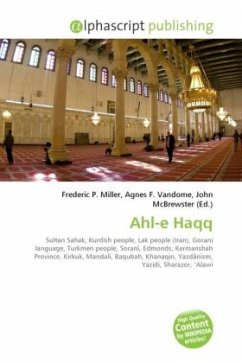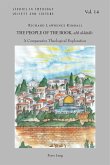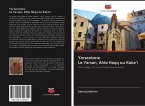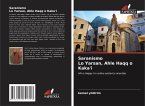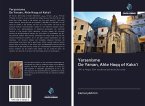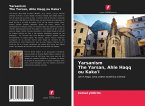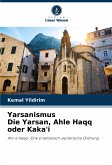High Quality Content by WIKIPEDIA articles! The Ahl-e Haqq or Yârsân, are members of a religion founded by Sultan Sahak in the late 14th century in western Iran. The total number of members is estimated at around 1,000,000, primarily found in western Iran and Iraq, mostly ethnic Kurds and Laks, though there are also smaller groups of Luri, Azeri, Persian and Arab adherents. Some Yârsânî in Iraq are called Kaka'i. The Yârsân have a distinct religious literature primarily written in Gorani and partly in Persian, though few modern Yâresânî can speak or read Gorani as their mother tongues are Turkmen and Soranî. The Sarl living near Eski Kalak are adherents, as Edmonds (1957: 195) surmised and Moosa (1988: 168) observed. Up to the 20th century, the Yârsânî faith was strictly for Kurds who were born into it, called checkedea "a drop of", as opposed to individuals who married into a Yârsânî family, called chasbedea "attached". Adherents today are mainly found among the Kurdish tribes of the Guran, Qalkhani, Bajalani and Sanjabi, located in western Iran, forming approximately a third of the population in the religiously diverse province of Kermanshah.
Bitte wählen Sie Ihr Anliegen aus.
Rechnungen
Retourenschein anfordern
Bestellstatus
Storno

